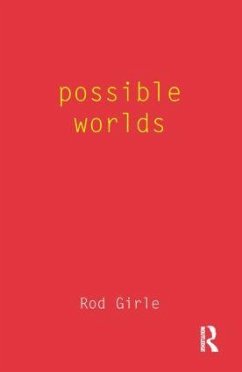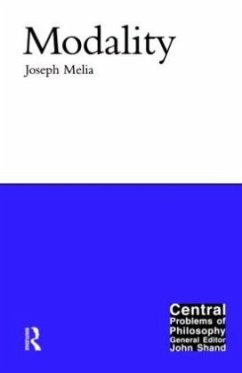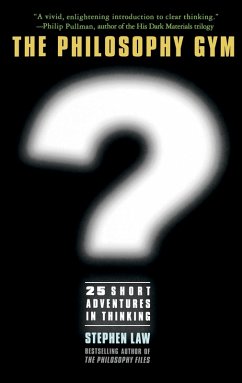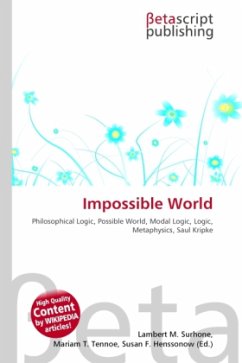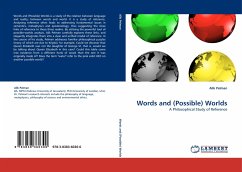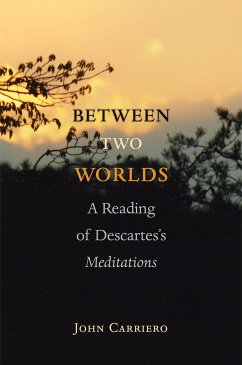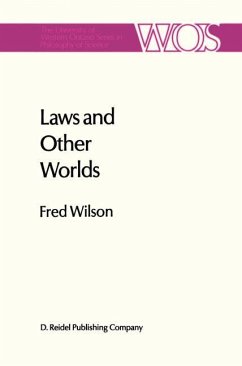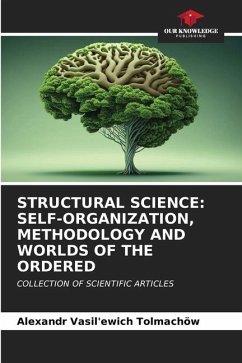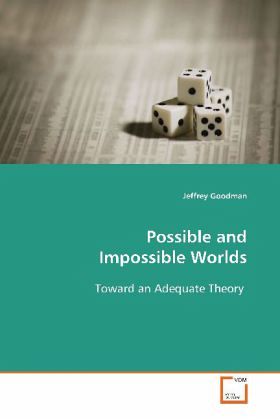
Possible and Impossible Worlds
Toward an Adequate Theory
Versandkostenfrei!
Versandfertig in 6-10 Tagen
39,99 €
inkl. MwSt.

PAYBACK Punkte
20 °P sammeln!
Contemporary analytic philosophy abounds with talk ofpossible worlds. But what are they? Should webelieve in them? And what would an impossible worldbe? Could there be any reason for thinking they exist?This book critically investigates the usefulness ofboth possible and impossible worlds as tools foranalyzing various philosophical concepts. After adiscussion of the nature of such worlds, the authorargues extensively for the claim that we do in facthave reason to adopt analyses that appeal to worldsof both varieties. However, the sorts of impossibleworlds that are alleged to exist are not worl...
Contemporary analytic philosophy abounds with talk of
possible worlds. But what are they? Should we
believe in them? And what would an impossible world
be? Could there be any reason for thinking they exist?
This book critically investigates the usefulness of
both possible and impossible worlds as tools for
analyzing various philosophical concepts. After a
discussion of the nature of such worlds, the author
argues extensively for the claim that we do in fact
have reason to adopt analyses that appeal to worlds
of both varieties. However, the sorts of impossible
worlds that are alleged to exist are not worlds where
anything goes - we should only accept impossible
worlds of a very conservative variety. The theory
ultimately endorsed here is one that rejects analyses
that appeal to what we might call "radically
impossible worlds", or worlds where some classical
logical contradictions are true.
This book will be of value to anyone interested in
contemporary analytic philosophy and its treatment of
the notions of possibility, necessity and impossibility.
possible worlds. But what are they? Should we
believe in them? And what would an impossible world
be? Could there be any reason for thinking they exist?
This book critically investigates the usefulness of
both possible and impossible worlds as tools for
analyzing various philosophical concepts. After a
discussion of the nature of such worlds, the author
argues extensively for the claim that we do in fact
have reason to adopt analyses that appeal to worlds
of both varieties. However, the sorts of impossible
worlds that are alleged to exist are not worlds where
anything goes - we should only accept impossible
worlds of a very conservative variety. The theory
ultimately endorsed here is one that rejects analyses
that appeal to what we might call "radically
impossible worlds", or worlds where some classical
logical contradictions are true.
This book will be of value to anyone interested in
contemporary analytic philosophy and its treatment of
the notions of possibility, necessity and impossibility.



